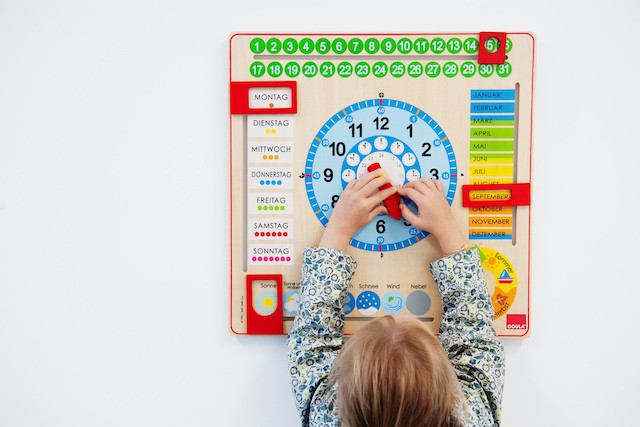The announcement was made in the latest edition of “Edi”, a magazine produced by the ministry for parents.
It lauds the arrive of the sixth, non-fee paying, European-accredited school in the country, a project that was initially expected for 2021.
The primary school will be temporarily located at 23 rue Verte, in Cessange, and the secondary school in the Blumm building of the Geesseknäppchen Campus, which already hosts a number of schools including the private International School of Luxembourg.
The statement says that in the long-term, the primary and secondary schools will be relocated to a single site in the Limpertsberg district.
Its creation responds to a high demand for international education in the capital, where 70% of residents are non-Luxembourgers, compared to around 48% nationwide.
The capital already hosts a number of fee-paying schools, including two European schools, St George's and the International School of Luxembourg. Lycée Michel Lucius (LML) has, meanwhile, offered a public English-language stream since 2011.
“Demand is higher than offer for the moment, even now, when mobility is restricted because of the pandemic,” education minister Claude Meisch (DP) told Delano in November 2020.
The ministry did not expand on whether the new school will open one year group at a time. It may be that it follows the same expansion strategy as the fifth public European-accredited school, which will open in Beringen, near Mersch, in September 2021.
In the first year of secondary, there will be five classes in French, Germany and English streams. The primary will open with two first year groups in French and English streams for September 2022.
European-accredited schools follow the European school curriculum sections in French, German and English, with the addition of Luxembourgish language classes to ease social cohesion.
